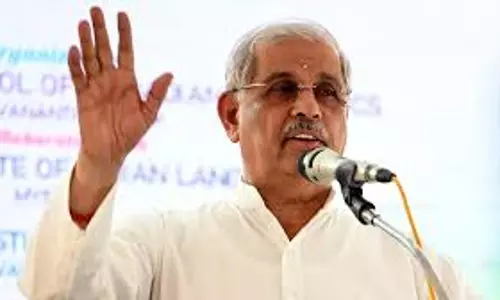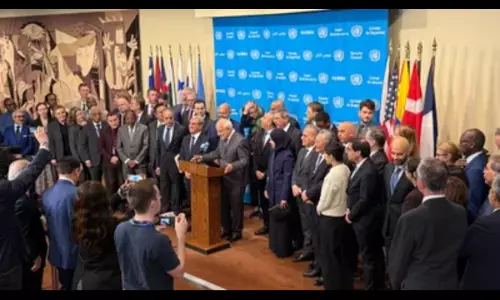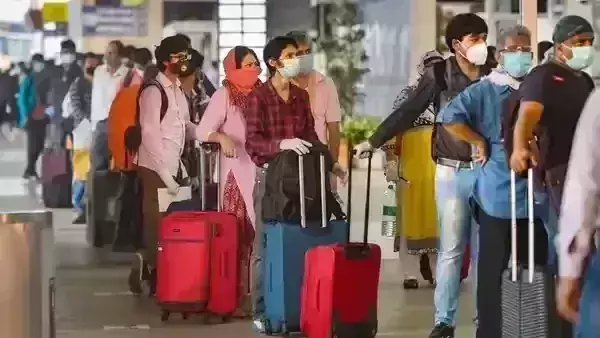
65 per cent Indians willing to take travel-bait in 2021: Study
text_fieldsAs per a new survey, about 65 per cent of Indians plan to go for adventure trips and explore new tourist locations to leave the monotonous life of 2020 behind. The survey conducted by InterMilers revealed that the rollout of vaccines and pragmatic innovations across the travel chain has boosted people's confidence to travel more safely for leisure and adventure in 2021.
The study observed the responses of around 11,500 people from across India talking about their reason to travel like relaxation, change of location, leaving behind the monotony of 2020, etc.
Business and corporate travel, which was anticipated to be one of the first segments to recover, is surprisingly third on the list of traveller priorities. However, with 85 per cent of consumers in favour of considering business or work-related travel in 2021, business travelling is expected to increase over the course of the year.
After almost a year of distancing socially, while 65 per cent of respondents showed intent to travel for leisure and adventure in 2021, about 54 per cent of Indians opined they were ready to travel to meet their families and friends amidst the ongoing pandemic. This large group of like-minded people is also conscious about and dependent on the safety measures along with the travel advisories charted out for different regions.
But on the contrary, about 39 per cent expressed varying levels of discomfort at the idea of travelling in public transport, including taxis, autos, trains, and buses.
Workation (work + vacation) or staycation wherein people can experience a change of scenery and simultaneously meet with their work obligations is yet another trend popular among Indians.
Due to the unpredictability and arbitrary nature of the COVID-19 virus, flexible travel plans with minimum cost are also in high demand. Because around 62 per cent of the people request last-minute free cancellations and 64 per cent of respondents look for flexibility to change dates before making concrete travel decisions, said the report.






















